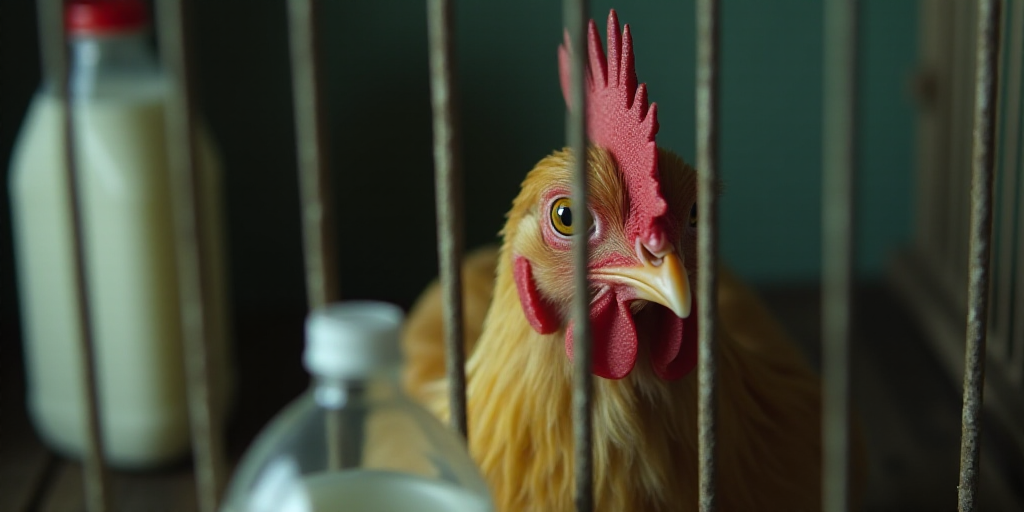Key Countries Lift Restrictions on Brazilian Poultry Meat
Brazil, the world’s largest exporter of chicken meat, has been declared free of avian influenza after a 28-day monitoring period without new cases in commercial facilities. As a result, seventeen countries, including Japan, have lifted their restrictions on purchasing Brazilian poultry meat.
Countries Removing Restrictions
- Japan
- Argentina
- Bolivia
- Bosnia-Herzegovina
- Egypt
- El Salvador
- Iraq
- Lesotho
- Libya
- Morocco
- Myanmar
- Montenegro
- Paraguay
- Dominican Republic
- Sri Lanka
- Vanuatu
- Vietnam
Background on Avian Influenza Concerns in Brazil
In the previous month, several countries imposed restrictions on Brazilian poultry meat imports due to the detection of avian influenza in a commercial farm. The virus, which can affect both poultry and humans, prompted these nations to take precautionary measures.
Brazil’s Response and Global Impact
Brazil, being the world’s leading exporter of chicken meat, plays a crucial role in the global poultry market. With annual exports exceeding 4.5 million metric tons, any disruption in its production or export capabilities can significantly impact global supply chains and prices.
The avian influenza scare led to a temporary halt in exports from Brazil, causing concern among importing countries and the poultry industry worldwide. The recent clearance from avian influenza by Brazilian authorities is a positive development, as it ensures the safety and continuity of poultry meat supply from this major exporter.
Importance of International Trade and Collaboration
The lifting of restrictions by these countries highlights the importance of international collaboration and trust in managing food safety issues. By working together, nations can ensure a stable supply of essential goods like poultry meat while maintaining high standards for food safety and animal welfare.
As Brazil resumes its position as a key player in the global poultry market, consumers and businesses can anticipate a more predictable and reliable supply chain. This development is beneficial for both importing and exporting countries, as it supports economic growth and food security.
Key Questions and Answers
- What is avian influenza? Avian influenza, or bird flu, is a viral infection that primarily affects birds but can sometimes spread to humans. It poses a significant threat to the poultry industry due to its potential for rapid transmission and high mortality rates among infected birds.
- Why were restrictions imposed on Brazilian poultry meat exports? Restrictions were implemented due to the detection of avian influenza in a commercial farm in Brazil. These measures aimed to protect public health and prevent the spread of the virus.
- How many countries lifted their restrictions on Brazilian poultry meat? Seventeen countries, including Japan, Argentina, Bolivia, Bosnia-Herzegovina, Egypt, El Salvador, Iraq, Lesotho, Libya, Morocco, Myanmar, Montenegro, Paraguay, the Dominican Republic, Sri Lanka, Vanuatu, and Vietnam, have lifted their restrictions.
- What is Brazil’s significance in the global poultry market? Brazil is the world’s largest exporter of chicken meat, with annual exports exceeding 4.5 million metric tons. Its production and export capabilities play a vital role in the global poultry market, influencing supply chains and prices.
- How does international collaboration impact food safety issues? International collaboration is crucial in managing food safety concerns, as it enables countries to share information, coordinate responses, and maintain high standards for food safety and animal welfare.






